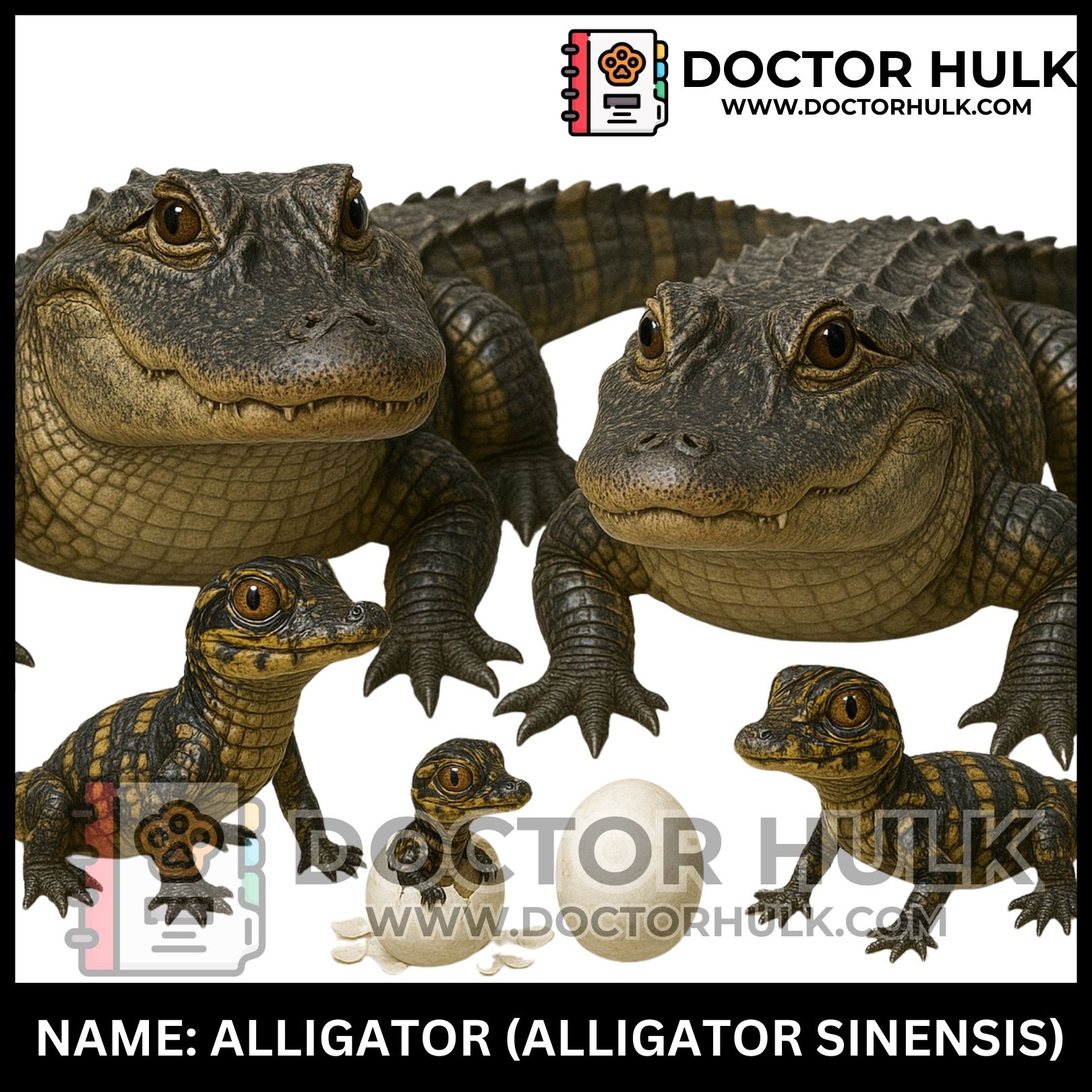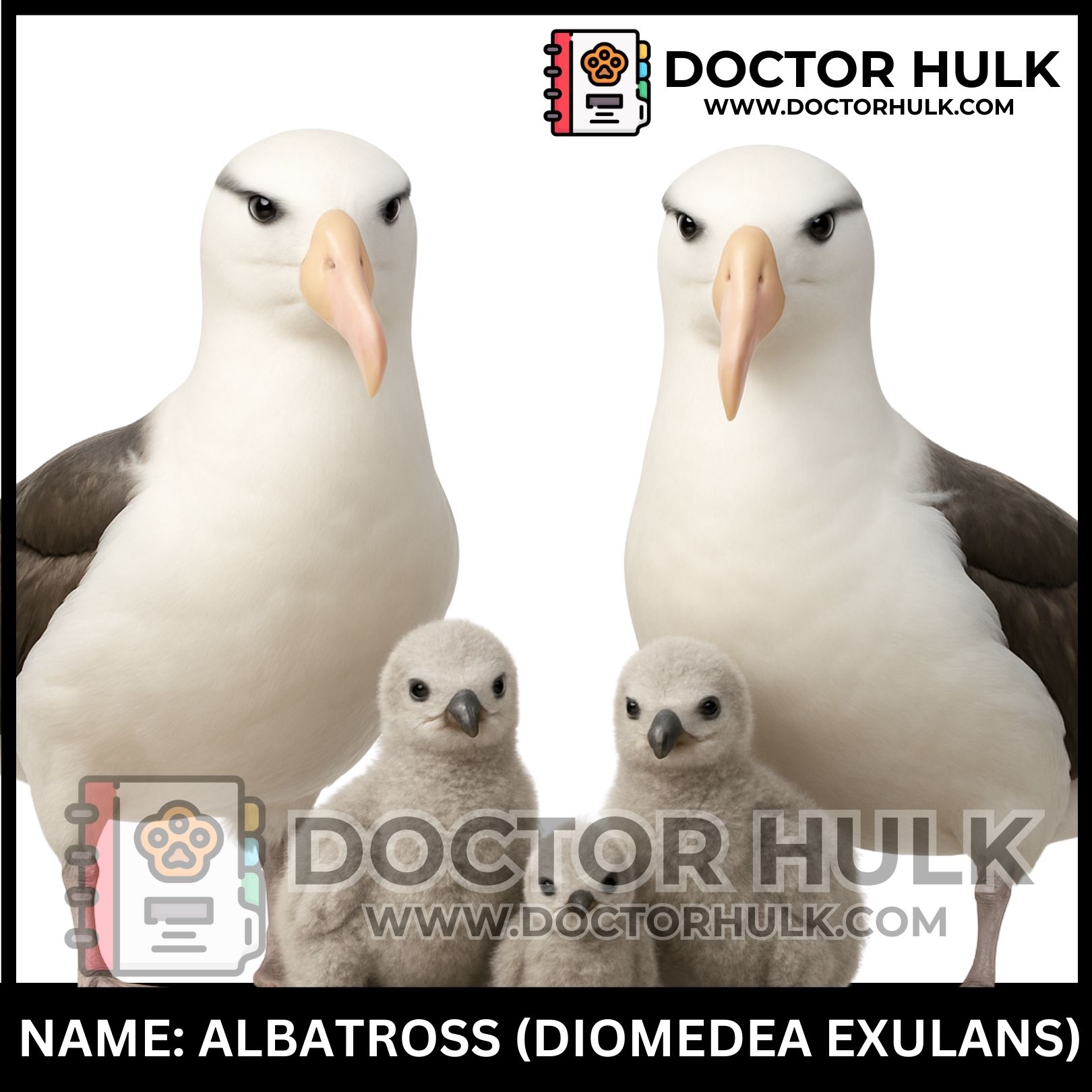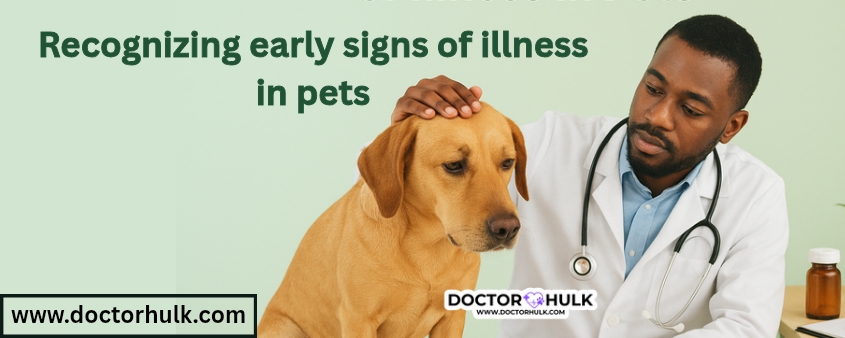Just like people, pets can get sick but they can’t always tell us when something’s wrong. That’s why it’s so important for pet owners to learn how to recognize the early signs of illness. Spotting changes in your pet’s behavior, appetite, or appearance can help you get them medical attention before the problem gets worse. Whether you have a dog, cat, bird, or small animal, early detection saves lives.

Image showing a pet owner following up with a Veterinary Doctor for pet checkup (source: istock)
Why early detection matters
Catching an illness early allows for faster treatment, quicker recovery, and often lower medical costs. Minor health issues can easily turn into serious problems if ignored. Many pets instinctively hide their pain or discomfort, so even small changes could signal a deeper problem.
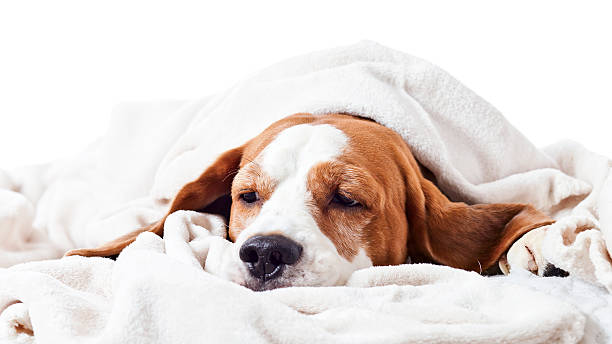
Image showing a sick and tired dog (source: iStock)
1. Changes in eating and drinking habits
One of the first signs of illness is a change in appetite or thirst.
- Loss of appetite may signal dental pain, infection, or internal disease.
- Increased hunger or thirst could point to diabetes or hormonal problems.
- Sudden weight loss or gain often indicates underlying health concerns.
If your pet refuses food, drinks excessively, or experiences rapid weight change, it’s best to see a veterinarian right away.

Image showing a dog refusing to eat from its bowl (source: Shutterstock)
2. Digestive problems
Your pet’s stomach and digestive system can reveal a lot about their health.
- Vomiting, diarrhea, or constipation can indicate infection, food intolerance, or a digestive disorder.
- Blood in stool or vomit is always an emergency and requires immediate vet attention.
Even mild stomach upsets that last more than a day shouldn’t be ignored.
An image of a dog with digestive problems and vomit on the floor (source: All paws essentials).
3. Changes in energy or behavior
Pets that are not feeling well usually act differently.
- A once playful dog that suddenly becomes tired or withdrawn could be in pain.
- Aggression or irritability in normally gentle pets may signal discomfort.
- Restlessness, whining, or hiding are signs that something isn’t right.
If your pet seems “off,” pay attention, it’s usually their way of asking for help.
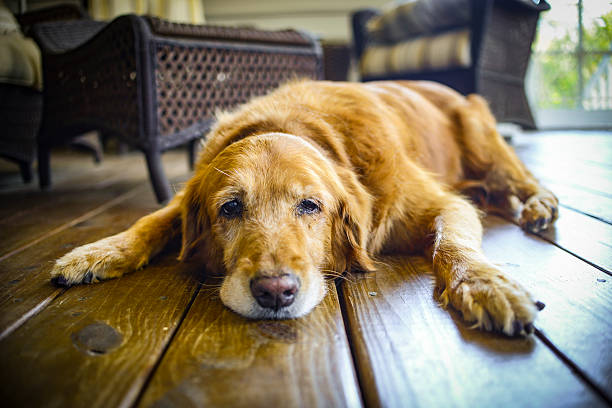
Image showing a sick and sad-looking dog lying on the floor (source: iStock)
4. Breathing and coughing problems
Breathing difficulties should always be taken seriously.
- Coughing or heavy breathing can indicate respiratory infections, allergies, or heart issues.
- Nasal discharge or sneezing that persists might mean infection.
- Cats breathing through their mouth is a medical emergency, get to the vet immediately.
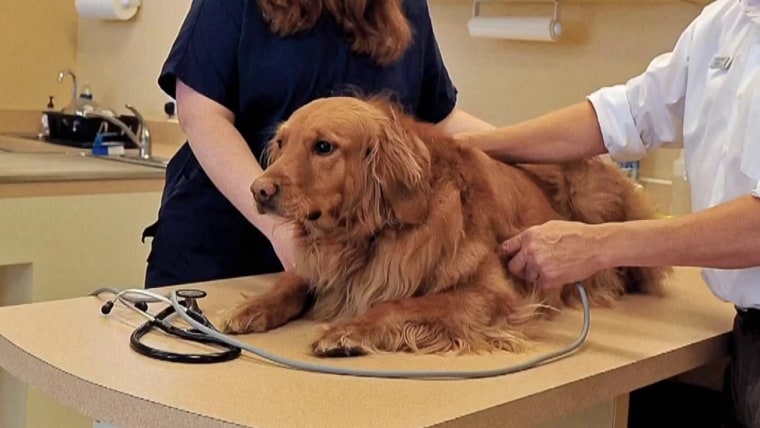
Image showing a Veterinary Doctor listening to a dog’s chest with a stethoscope (NBC News)
5. Skin, Coat, Eyes, and Ears
Your pet’s appearance can reveal hidden health problems.
- Dull coat or excessive scratching may signal fleas, allergies, or infection.
- Lumps or bumps should always be checked by a vet, some could be tumors.
- Red, watery eyes or smelly, itchy ears point to irritation or infection.

Image showing a vet examining a dog’s ear and eyes gently (source: Shutterstock)
How different pets show illness
Each species shows illness in different ways:
- Dogs: May limp, have bad breath, drool excessively, or drag their back end on the floor.
- Cats: usually hide, stop grooming, or meow more than usual.
- Birds: May fluff their feathers, sit at the bottom of the cage, or stop singing.
- Small pets (rabbits, hamsters, guinea pigs): Usually stop eating, pooping, or moving much.
If something about your pet’s behavior feels unusual, trust your instincts and seek advice from a vet.
When to call a Veterinary Doctor
You should seek immediate veterinary care if your pet:
- Has trouble breathing or collapses
- Bleeds heavily or can’t urinate
- Having red / blood-colored urine
- Vomits or poops blood
- Eats something poisonous (like chocolate, onions, or xylitol)
For smaller signs such as skin irritation, coughing, or appetite changes, schedule a vet checkup, especially if symptoms last more than 24 hours.
Keeping Your Pet Healthy
Preventing illness is always better than curing it. Help your pet stay healthy by:
- Taking them for regular veterinary checkups
- Feeding them a balanced, nutritious diet
- Keeping them vaccinated, dewormed, and flea-free
- Providing daily exercise, mental stimulation, and love

Image showing a healthy, happy dog running outdoors (source: Shutterstock)
Your pet depends on you to recognize when something isn’t right, and to get help when needed. At Doctor Hulk Veterinary Hospital, we’re here to support you every step of the way. Our professional Doctors can diagnose and treat illnesses early, helping your pet recover faster and stay healthy.
If your pet is showing any of these signs, don’t wait, reach out to us today through 08143397614.




